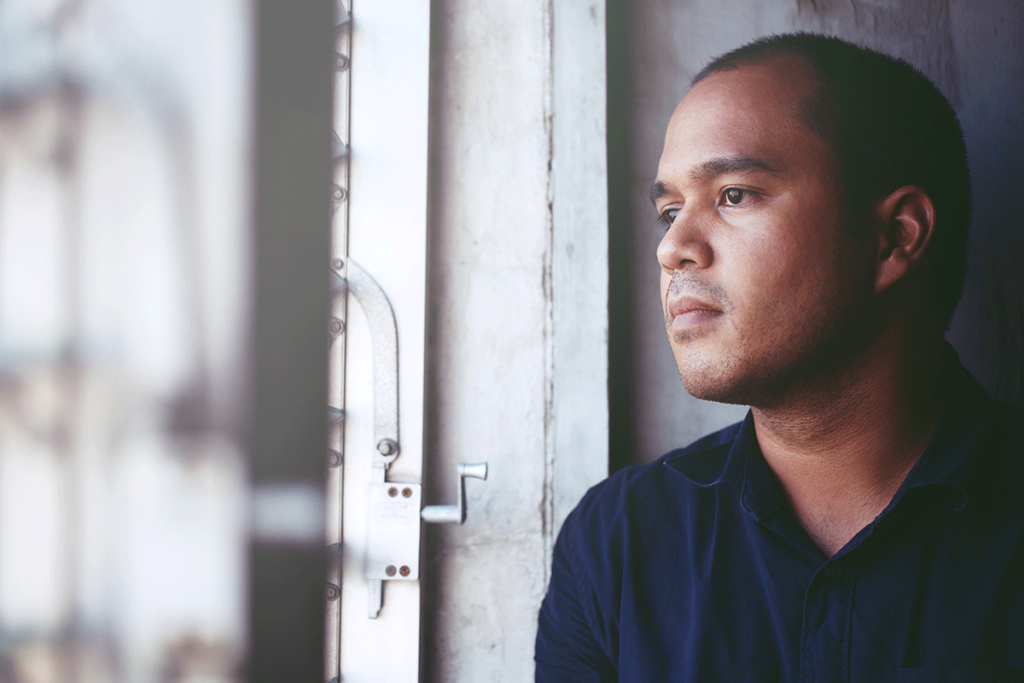Depression is a mood disorder characterized by persistent feelings of sadness or disinterest. When someone has depression, it can interfere with their ability to function in their daily life. It can also impact an individual’s mental, emotional, and physical well-being. If left untreated, depression can lead to harmful consequences. It is not uncommon for individuals living with undiagnosed or untreated depression to also struggle with addiction. This is referred to as having co-occurring disorders or a dual diagnosis.
Treatment for dual diagnosis is complex because it involves a mental health condition and addiction. At California Centers for Recovery, we offer clients dual diagnosis treatment, where they are treated for both disorders at the same time. If you are looking for dual diagnosis treatment in California, our program can help you or your loved one through healing and recovery.
Understanding Depression and Isolation
There is a strong connection between depression and isolation. When someone struggles with depression, they are likely to isolate themselves from loved ones. Continued isolation can also contribute to or worsen a person’s depression. While many understand depression and its impacts, people are less aware of the effects of isolation. Humans are social creatures who are wired to interact with others. When someone experiences prolonged or consistent isolation, it significantly impacts their mental and emotional well-being.
Depression and isolation can lead to damaged relationships, low self-esteem, unresolved trauma, and substance abuse issues. It is common for those struggling to feel trapped and hopeless. However, healing and recovery are possible. There are many different treatment options, even for those struggling with mental health conditions and addiction. If you are living with depression or a dual diagnosis, there is no shame in asking for help. Receiving proper care and support can help you live a happier and healthy life.
The Link Between Depression and Self-Medication
One of the dangers of undiagnosed or untreated depression is the risk of self-medication. This is when individuals use drugs or alcohol to cope with their condition and numb their feelings. Self-medication for depression is dangerous for your health and safety and can lead to addiction. Struggles with depression and self-medication are also likely to lead to dual diagnosis. Because mental health conditions and addiction have overlapping symptoms, it can be challenging to identify when someone is living with a dual diagnosis. However, early identification is critical for getting proper treatment.
Some of the signs of dual diagnosis are:
- Mood swings
- Relationship problems
- Withdrawing from family and other loved ones
- Experiencing insomnia or other sleep issues
- Dramatic changes in mood or energy levels
- Excessive feelings of worry
- Trouble keeping up with work, school, or family obligations
- Intense feelings of hopelessness, worthlessness, and despair that do not subside
Depression and isolation can often lead to self-medication and further complications with dual diagnosis. While dealing with depression and co-occurring addiction is overwhelming and scary, recovery is possible. If you are experiencing these symptoms, California Centers for Recovery’s program can provide the care and support you need. We help clients through detox, rehab, and therapy to promote healing and long-term sobriety.
Find Relief from Self-Medication with Dual Diagnosis Treatment at California Centers for Recovery
At California Centers for Recovery, we understand the connection between depression and isolation and how it can contribute to addiction struggles. While treatment for dual diagnosis is complicated, our staff can help you or your loved one find healing and become sober.
In addition to dual diagnosis treatment, we offer a wide range of evidence-based programs, including:
- Luxury rehab
- Residential treatment
- Detox programs
- Group therapy
- Individual addiction counseling programs
- Holistic healing
- Family therapy
- 12-step recovery
If you are struggling, do not wait to reach out for help. Contact California Centers for Recovery at 877.328.5682 for more information on dual diagnosis and your treatment options.











